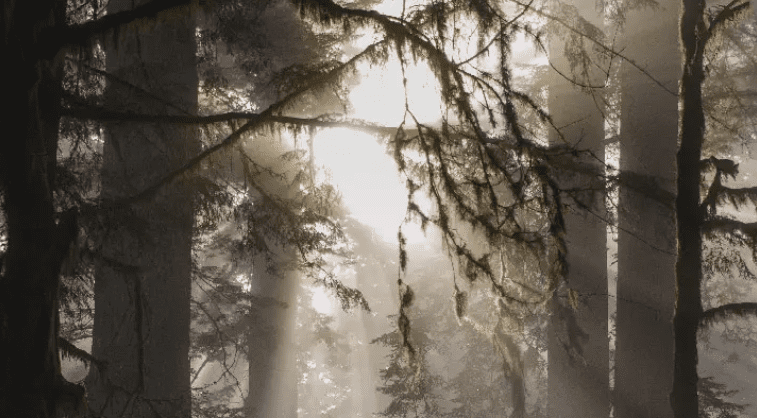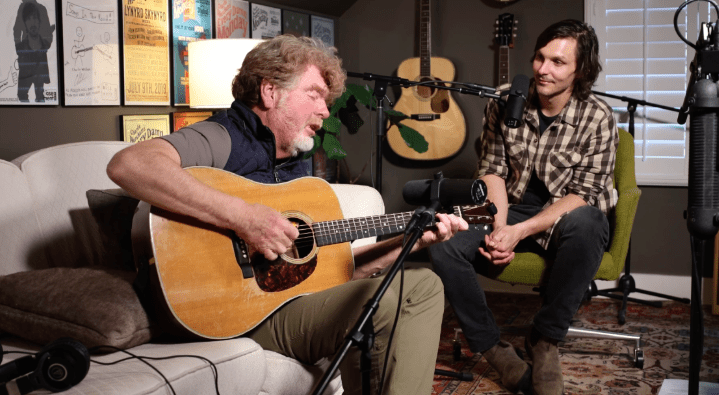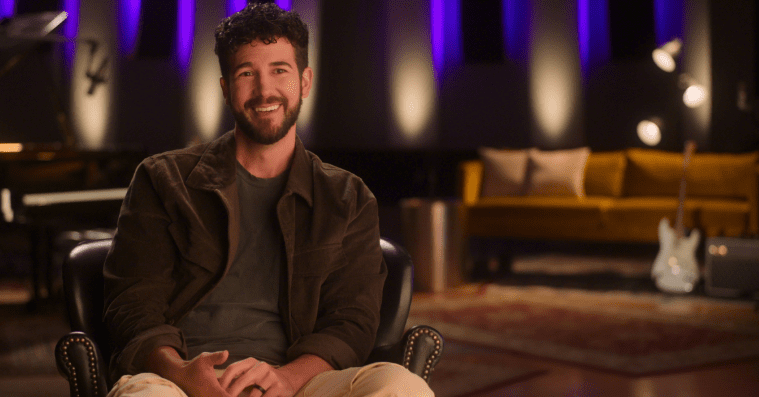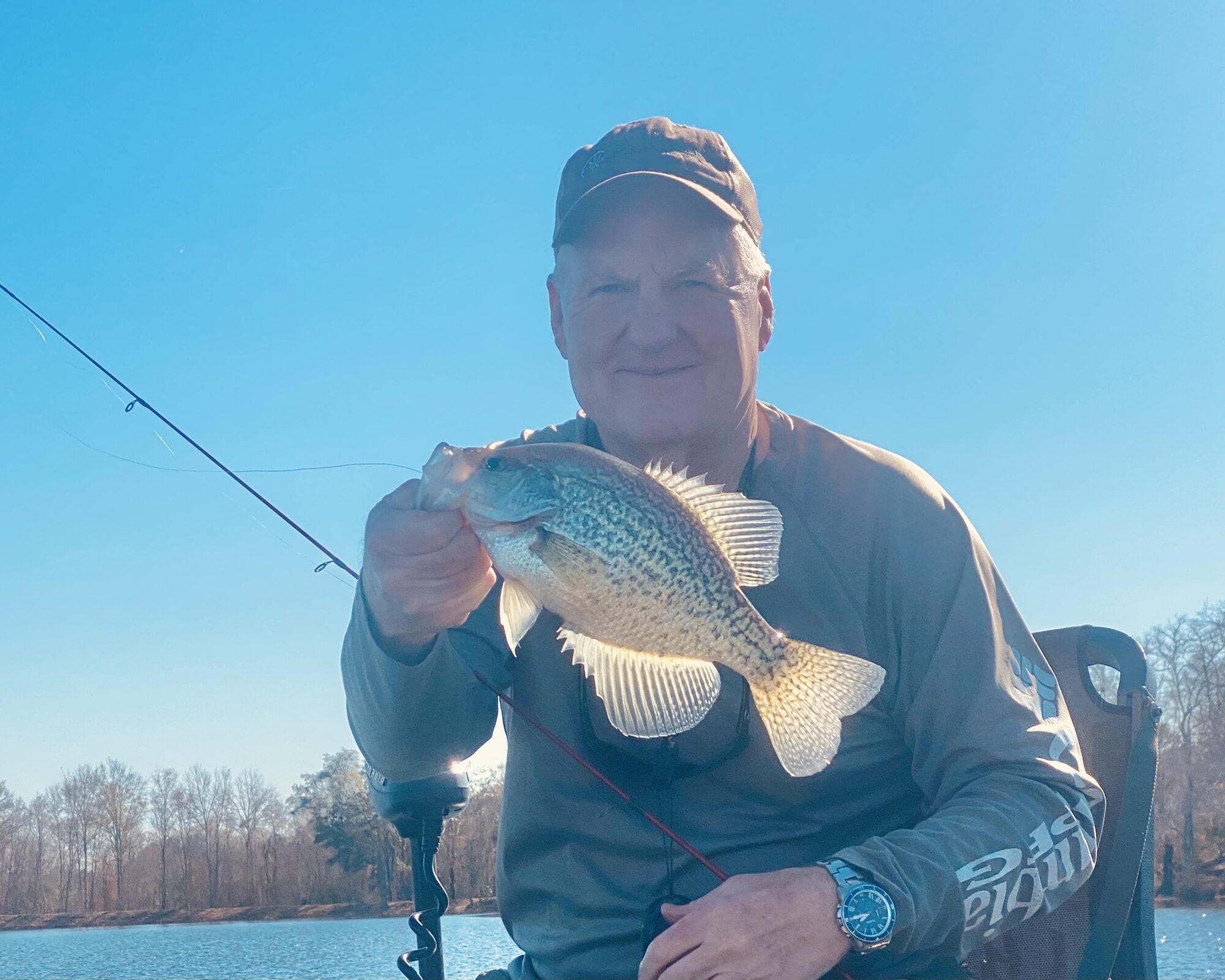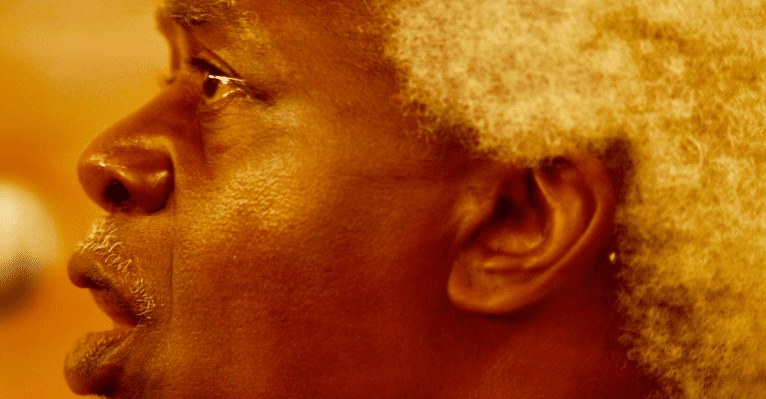
(Photo: J. Hemphill)
- At the Mississippi State Penitentiary, Sunday morning spirituals have spawned two moving albums of gospel and blues songs.
Kneeling on the floor of a Parchman chapel on a Sunday morning in February 2023, headphones strapped across his head, music producer Ian Brennan listened intently as imprisoned men stepped forward, one by one, to sing into his microphone.
Jet lagged and exhausted from a red-eye flight, he was overcome with emotion to hear the voices sing of redemption and salvation a capella from within the walls of one of America’s most notorious prisons.
“The first one was great, and the second one was great, and the third one was even better, maybe,” Brennan says from his home in Italy. “By the third or fourth person, it was like I was crying, almost. I just couldn’t believe what was happening.”
Although the Grammy-winning producer had previously recorded music by incarcerated men in prisons around the world, in addition to working with artists like Ramblin’ Jack Elliott, Nels Cline, and dozens more, each occasion presented a unique and unpredictable situation. In that sense, Parchman was no different.
Since opening in 1901 as a penal farm, Parchman has drawn its share of critics. Most recently, that chorus included the U.S. Justice Department, which declared in 2022 that conditions violated prisoners’ constitutional rights. A 2024 proposal by state senator Juan Barnett to phase out Parchman died in committee.
But Parchman’s reputation as a violent, understaffed facility didn’t deter Brennan. In fact, it was one of the reasons why he wanted to witness and document the music made under such conditions. And ever since musicologist John Lomax recorded blues musician Bukka White there in 1939, the concept of capturing musical expression behind the gate has captivated audiences, too.
That February morning, Brennan walked through the gates with a microphone, an eight-track recorder, and an open mind, and he was so floored by the performances, that he decided they had to be released. When they came out in September 2023 as Some Mississippi Sunday Morning, credited to Parchman Prison Prayer, the album earned praise from The New York Times, The Guardian, The New Yorker, and the BBC.
After building a rapport with the singers and administrators during the Some Mississippi Sunday Morning session, he returned a year later to record a second volume, Another Mississippi Sunday Morning, released in January. Like its predecessor, the songs are live, first takes without overdubs, recorded over the course of just a few hours. And as with the first record, any and all artist proceeds benefit the prison Chaplain program.
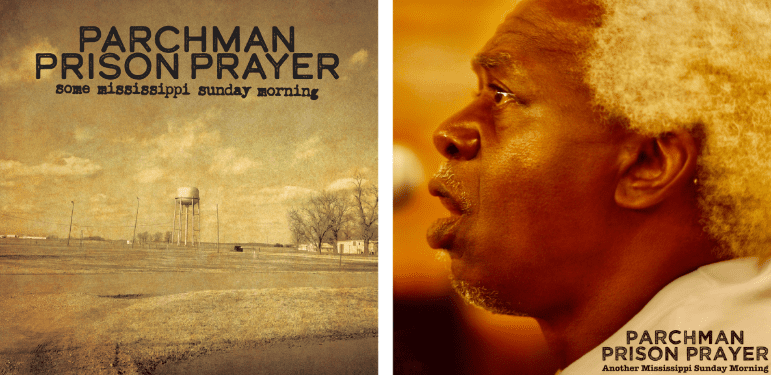
“The [first] experience was so beyond what I expected and so positive, and so I felt like it was worth exploring going back — but again, not with any intention to necessarily do a second record,” he says. “But then they had written original songs, a lot of them this time, and I think some of them had more confidence than last time.”
The album opens with “Parchman Prison Blues,” an improvised song of interwoven voices expressing wordless emotions as mmm-hmms, as if in affirmation of their struggles. Of the six men on the song, four are serving life sentences, including one 66-year-old who has been there nearly his entire adult life. Next, a 68-year-old identified as J. Hemphill sings the ballad “Open the Floodgates of Heaven,” recorded as a thunderstorm rained outside, against a plaintive piano accompaniment.
“There’s such tenderness and vulnerability in that performance,” he says. “I think a lot of these performances, even when it’s not an original, in the greatest tradition of folk music history, they render these songs in a way that they become originals. They become their songs.”
Another Mississippi Sunday Morning closes with “Jesus Will Never Say No,” a bluesy gospel tune featuring backing by the Parchman Prison Band and a lead vocal from 62-year-old M. Palmer — ending the 13-song set on an uplifting, redemptive note.
“I think both records are really strong, but in many ways, I think this is even stronger than the first,” he says. “But I feel like great art should be non-competitive — there’s a point of transcendence where it’s just pointless to talk about one thing being better than another. It’s just something that transcends.”
